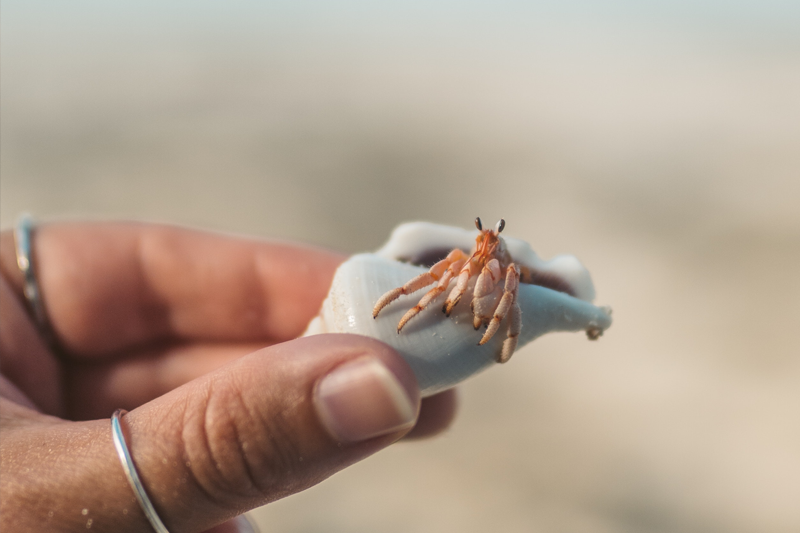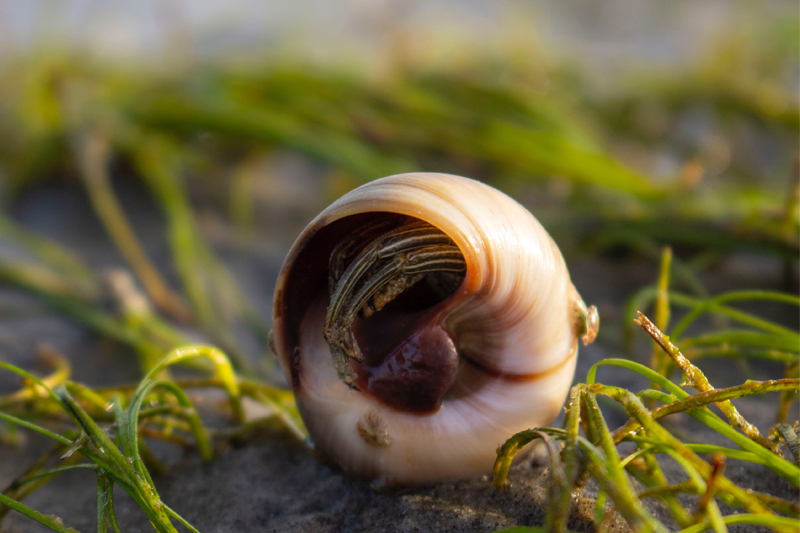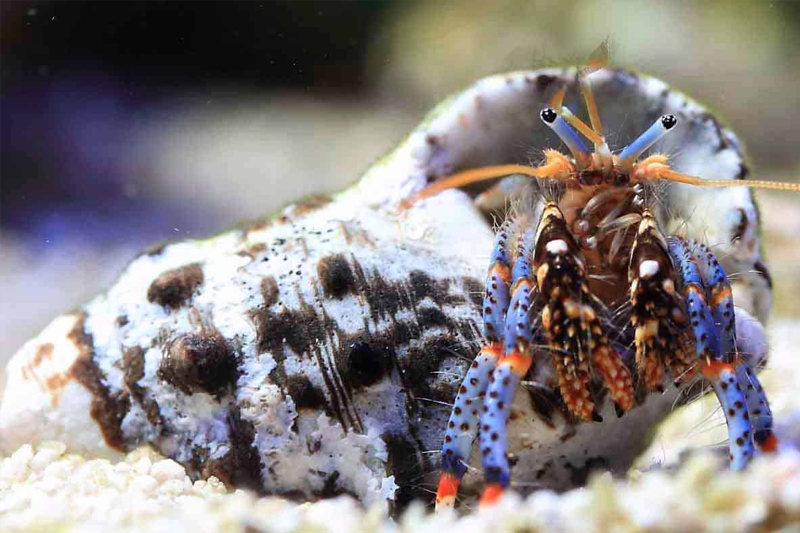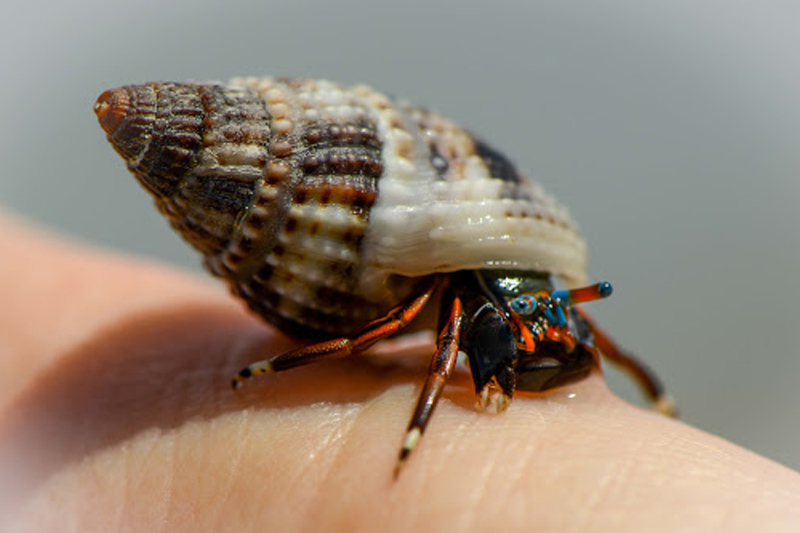Keeping hermit crabs as pets can be a rewarding experience, but it’s essential to consider both the advantages and disadvantages before deciding to bring them into your home. Here are some pros and cons of having hermit crabs as pets:
Pros:
- Low Maintenance: Hermit crabs are relatively low-maintenance pets compared to many other animals. They don’t require daily walks or extensive grooming and can thrive with basic care.
- Fascinating Behavior: Hermit crabs exhibit a variety of interesting behaviors, from shell swapping to climbing and burrowing. Watching their antics can be entertaining and educational for both children and adults.
- Compact Size: Hermit crabs are small creatures, making them suitable for households with limited space. They can be comfortably housed in a relatively small enclosure, such as a terrarium or aquarium.
- Educational Opportunities: Caring for hermit crabs provides an excellent learning opportunity, especially for children. It teaches responsibility, empathy, and respect for living creatures, as well as providing insights into marine biology and ecology.
- Variety of Species: There are many species of hermit crabs available in the pet trade, each with its own unique characteristics and care requirements. This allows pet owners to choose a species that best fits their preferences and lifestyle.
- Interactive Pets: While hermit crabs may not be as interactive as some mammals or birds, they can still recognize their owners and respond to stimuli. With proper socialization, they may become accustomed to being handled gently.
Cons:
- Short Lifespan: Hermit crabs have relatively short lifespans, typically ranging from a few years to around a decade, depending on species and care. Losing a pet can be emotionally challenging, especially for children.
- Specialized Care Needs: While hermit crabs are low-maintenance pets, they still have specific environmental and dietary requirements that must be met to ensure their health and well-being. Maintaining proper temperature, humidity, substrate, and diet can require some research and effort.
- Limited Interaction: Hermit crabs are primarily nocturnal and may not be as interactive as some other pets. They may hide during the day and only become active at night, limiting opportunities for interaction with their owners.
- Potential Aggression: While hermit crabs are generally peaceful creatures, aggression or territorial disputes can occur, especially in crowded or improperly sized enclosures. It’s essential to provide enough space and resources to minimize conflict.
- Risk of Injury or Death during Molting: Molting is a vulnerable time for hermit crabs, as they shed their exoskeletons to grow. During this process, they are at risk of injury or death if conditions are not optimal or if they are disturbed.
- Legal Considerations: Some species of hermit crabs are protected by laws or regulations, and it may be illegal to collect or own certain species without proper permits. Always ensure that you acquire hermit crabs from reputable sources and comply with relevant laws and regulations.
Overall, while hermit crabs can make fascinating and enjoyable pets, potential owners should carefully consider their needs and responsibilities before bringing them into their homes. Providing proper care and attention can help ensure a happy and healthy life for these unique creatures.





